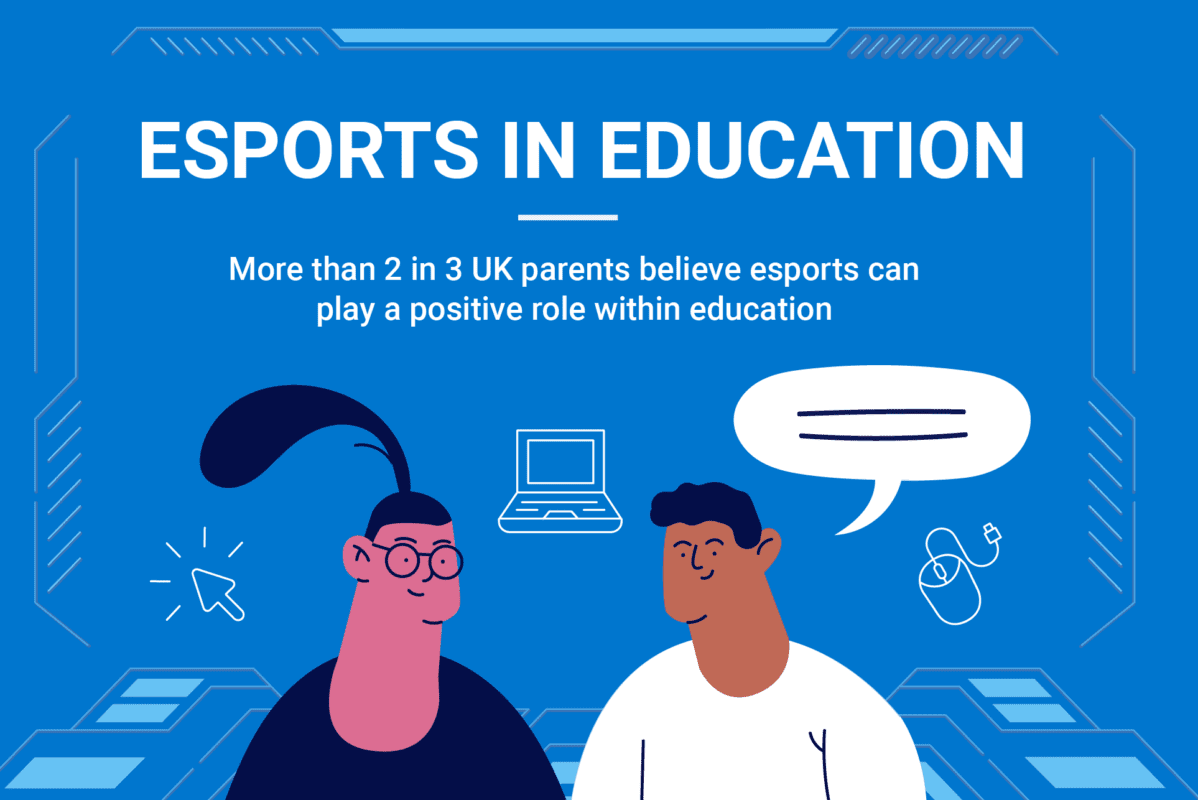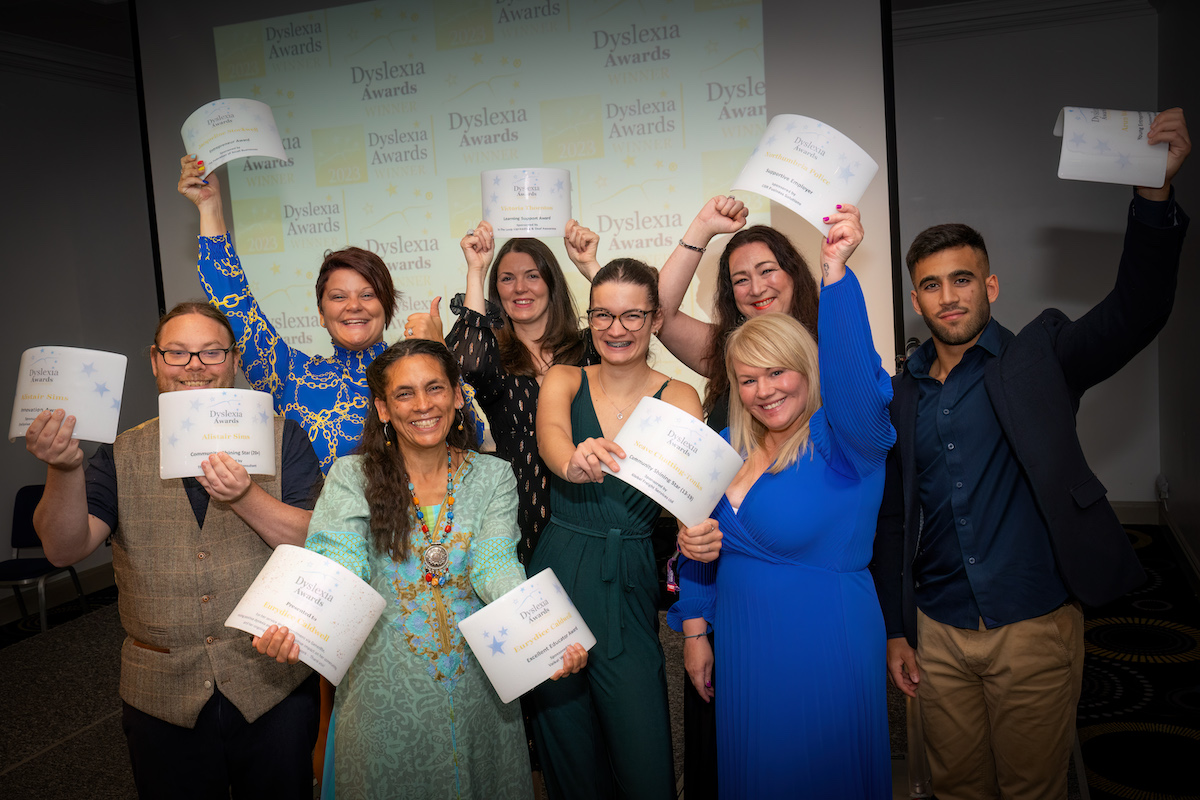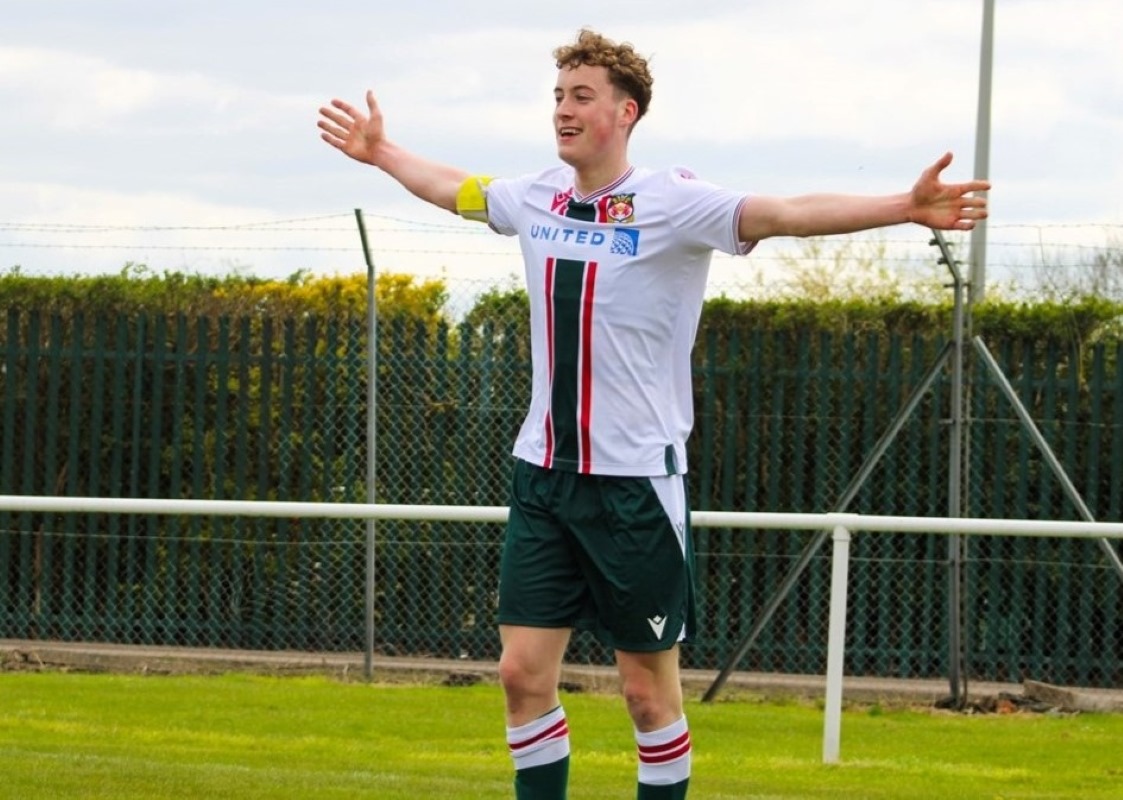New Data Reveals Parents and Teachers Want Esports in Schools

A UK study commissioned by Dell Technologies and Intel reveals parents and financial decision-makers in education are optimistic about the power of esports to drive learner engagement and outcomes.
News summary
- More than three in five UK parents believe esports can play a positive role in school – but less than a third are happy for their child to have a career in esports
- Games like Rocket League, Formula One, and FIFA can help build a child’s confidence, problem-solving skills and leadership abilities, say UK parents
- Four of our five school financial decision-makers believe esports should be taught in schools, but some say more evidence on the benefits are needed
- Expensive equipment and poor connectivity are the primary barriers to adopting esports, say school financial decision-makers
Full story
Parents and teachers want to see esports take a more significant role in children’s education, thanks to its academic, social, and emotional benefits, according to new research from OnePoll, commissioned by Dell Technologies and Intel.
The survey is based on responses from 1,500 UK parents with children who play esports and 500 financial decision-makers in education such as headteachers, CIOs and department heads.
The results show that over two-thirds (69%) of UK parents believe esports allows their children to develop skills that they might not get through traditional education methods. Of those, over half (54%) say esports gave children more confidence, with teamwork (62%), problem-solving (57%), and technological skills (55%) coming out as the top skills parents believe children can develop through esports.
“The capabilities demanded of tomorrow’s workforce will be those that technology cannot replicate,” said Brian Horsburgh, Education sales director for Dell Technologies in the UK. “Soft skills that were once considered inferior to teachable ‘hard’ skills like machine operation will tip the balance in the future job market. Parents recognise the power of esports to develop their children’s people skills – to communicate, listen, even to lead. That’s a persuasive argument for schools that want their students to be future-ready.”
Top 7 Skills Learners Gain Through Esports According to UK Parents
- Teamwork (62%)
- Problem-solving (57%)
- Technological skills (55%)
- Confidence (54%)
- Communication (54%)
- Creativity (52%)
- Leadership (45%)
Esports is a Learning Opportunity but not a Career, say UK Parents
While nearly half (48%) of parents say esports should be added to the school/college curriculum, they are less convinced about career prospects: less than a third (32%) would be happy for their child to have a career in esports.
However, the survey also hints that many parents may be unaware of the breadth of career options within the esports industry. Only a third (33%) know that esports offers a career path in social media management, for example, one of the most in-demand careers in the job market today, according to recent LinkedIn research. Over two-thirds (67%) of parents say that their lack of esports knowledge puts them at a disadvantage when discussing it with their children. These findings suggest that educating parents on the esports industry, particularly on its potential career pathways, could be needed to give them more confidence in it as a career choice.
Majority of Teachers See Value of Esports but say More Research Needed
The financial decision-makers in schools are optimistic about the value esports brings to education. Nearly four out of five (79%) believe esports should be taught in schools, and of those, over half (52%) think that esports being taught in school would help increase grades in other subjects.
Of those less enthusiastic about adding esports to the curriculum, more than three in five (61%) cite a lack of evidence in its educational benefits.
One organisation confident in the benefits that esports presents is The British Esports Association, which last year partnered with Pearson to create the world’s first government-approved qualification in esports, the BTEC Nationals Level 3 in Esports.
“We welcome further quantitative research around esports in education to support the feedback we’re getting from teachers and students about the positive impact esports has in their classrooms and school communities,” said Tom Dore, Head of Education at British Esports Association. “Esports is a vehicle to motivate and engage a broad demographic of young people. As a teacher myself, I have seen first hand the benefits to my students when they participate and compete in esports.”
The Inclusive Power of Esports
Parents and teachers were optimistic about the inclusivity of esports. Over two-thirds (70%) of parents state that esports promotes inclusivity amongst children at school/college, with half (50%) agreeing that esports allows for more diversity across its player base.
“Esports offers a new way to engage students who can’t or don’t want to participate in physical sports,” said Camilla Maurice, Curriculum Manager at MidKent College, which offers the BTEC Level 3 National Extended Diploma in Esports. “In that respect, esports is incredibly inclusive. However, we still see the attitude that gaming isn’t for girls. That simply isn’t true, and something we’re working hard to change.”
Cost and Networking are Biggest Barriers to Adoption
While the survey suggests an appetite from parents and teachers for esports in schools, it also highlights roadblocks to overcome. Over half (55%) of the financial decision-makers in education say that the equipment needed for an esports provision is too expensive for schools to consider. A similar number (53%) point to poor network connections at school or home as barriers to successfully implementing an esports programme. The survey also indicates that a knowledge gap could be hindering progress, with over a third (38%) claiming they did not have the teachers qualified to teach esports, and two in five (41%) attributing a lack of knowledge among parents as a blocker to progress.
“Esports has seen an explosion in popularity in the past few years, but it’s still relatively early days for esports in education. Partnerships with industry and government will be key to addressing the barriers of cost and accessibility, said Brian Horsburgh. “Having parents and educators on board will also be critical to success – we need esports advocates at home and at school to realise its potential in boosting learner outcomes.”
Additional Supporting Quotes
- Lindsey Eckhouse, Director of Licensing, Ecommerce & esports at McLaren Racing: “People do become professional esports players, often at a pretty young age, but esports is more than just players. Just as our drivers can’t race without their team, esports players can’t play without theirs – that means publicists, physiotherapists, nutritionists, chefs. We must embrace more ways for children – of all abilities, needs and backgrounds – to learn, and those ways should reflect the future career landscape.”
- Tom Dore, Head of Education at British Esports Association: “The BTEC cover subjects like entrepreneurship, computer networking, health and nutrition, all through the lens of esports. Students gain a wide range of transferable skills and knowledge, helping to prepare them for careers in the global esports industry or closely related STEM, digital and creative industries.”
- Donna Ford-Clarke, BTEC and Technical Product Director at Pearson: “With global esports revenues growing to $1,084 million in 2021 (Newszoo), the world of esports offers huge employment potential, both in the UK and worldwide. That’s why we worked closely with industry experts to create a career-focused set of qualifications that support the rapid growth of the sector and offer learners a pathway into working in esports and related industries.”
- Mark Walton, EMEA Graphics and Gaming Comms Manager at Intel: “Intel has long been committed to the positive impact of esports with support for organisations like National Student Esports and programmes like Intel FutureGen. We welcome Dell’s research exploring the impact of esports on teaching and learning while ensuring that the voices of teachers, students, industry and parents are heard.”
- Ruth Marvel, The Duke of Edinburgh’s Award CEO: “It’s great that parents recognise the vital skills esports can give to young people – skills like teamwork, problem-solving and leadership that can help them stand out in future. The DofE is all about reflecting young people’s changing interests and needs and giving them the skills and confidence to make the most of whatever life throws at them. Esports lets them do that in a structured, inclusive and safe way, while also being a lot of fun – which is why we recently added it as an activity they can do for their DofE.”











Responses